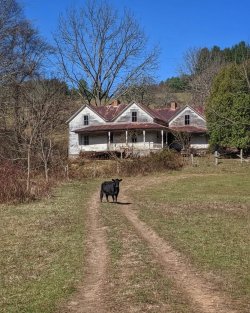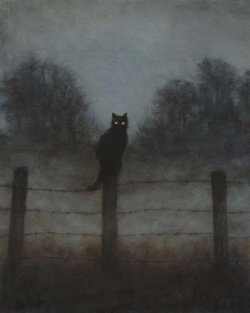maple syrup goesWould stolen honey taste as sweet,
if bees didn't have a sting?
If sky and sun and trees didn't meet,
would songbirds bother to sing?
into the coffee with cream
no sugar nor honey
migrant birds gone to San Juan sigh

Migrating Songbirds Are All Around You. Here's How to Spot Them
Forget traveling to a migration hotspot. Right now it’s easy to see small migratory songbirds no matter where you live.




